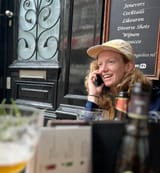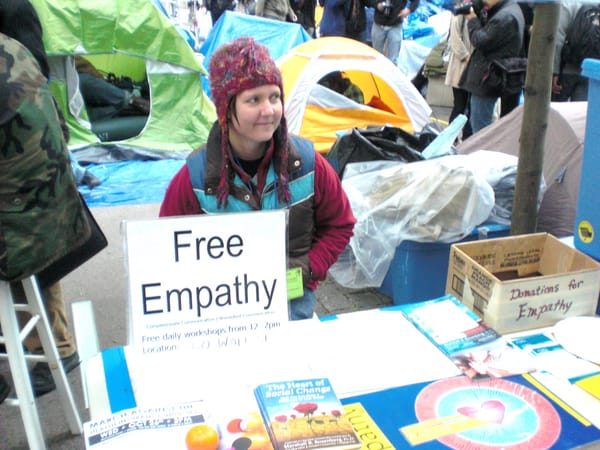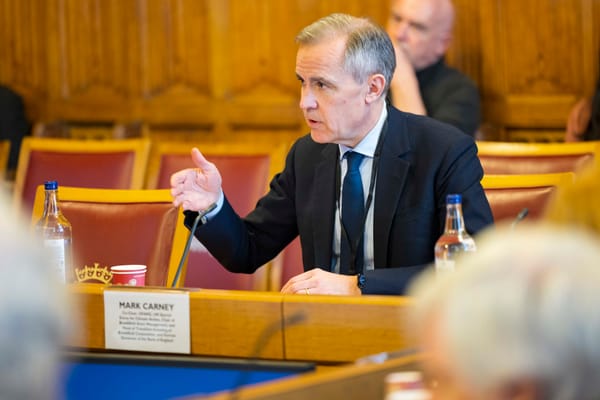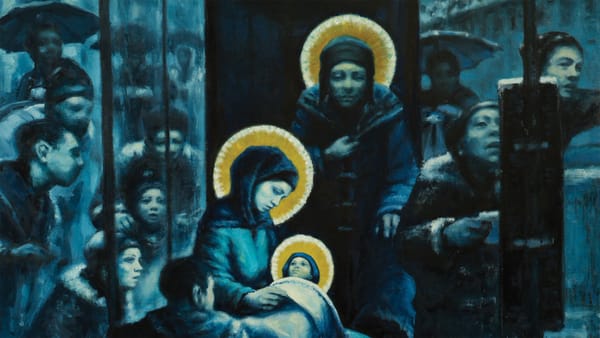Kneecap: the joy of resistance
This is what protest is all about.
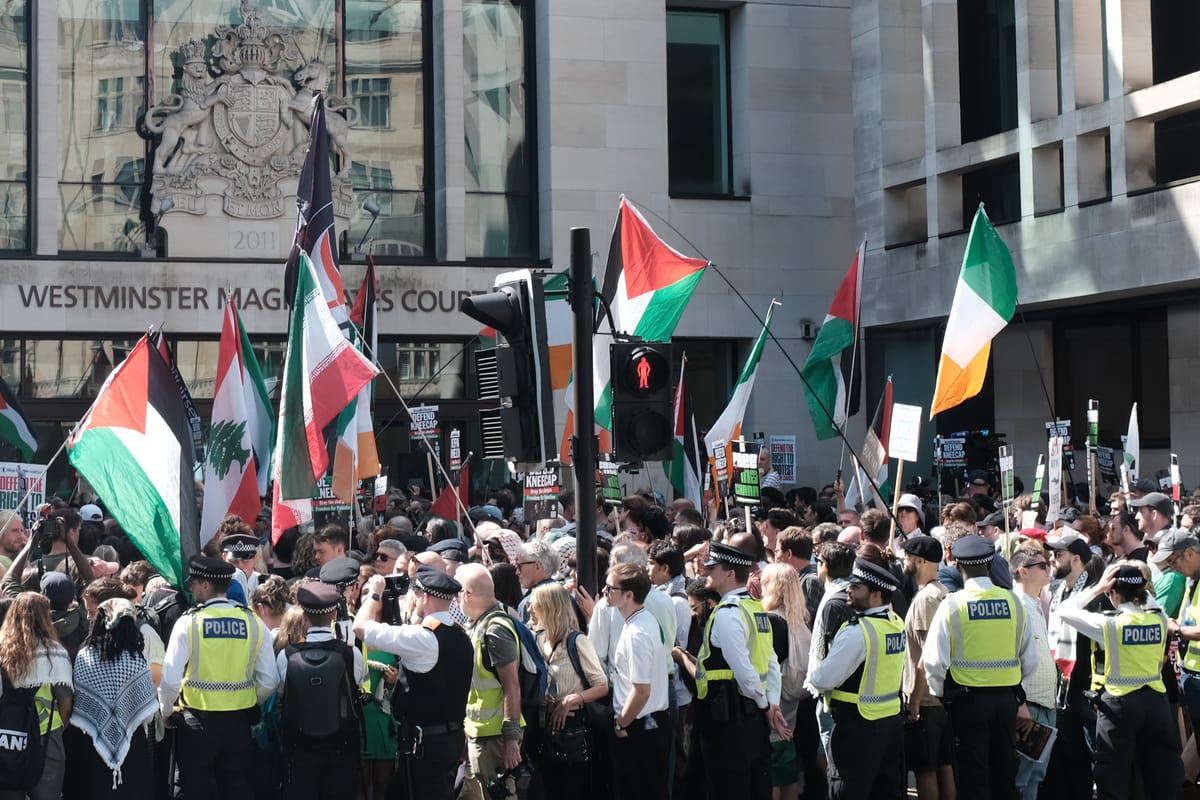
It’s 9am on the 18th June and it’s already 22 degrees in Central London. Polished couples strut along the Marylebone Road in short shorts and Ray Bans, sipping iced coffees with their small dogs as though we’re in downtown LA.
A crowd is gathering outside Westminster Magistrates Court near where the Edgware Road cuts across the Westway. Palestinian flags fly in lyric unison with the Irish tricolour as a breeze relieves sweaty protestors from the baking hot sun. People are chanting, singing, embracing. There’s a feeling of elation and anticipation. It feels like a moment.
Every few minutes a truck with a billboard fixed to the bed completes another lap of the court, with the words ‘More Blacks, More Dogs, More Irish, Mo Chara’ emblazoned on it, to enraptured cheers. Honks of support from fist-pumping truck drivers fill the air. As though choreographed for dramatic effect, a stony-faced agitator wrapped in the Israeli flag forces his way into the heart of the crowd, shoving the largest bloke he can see. People are angry, but the bait isn’t taken and eventually the police escort the counter protestor away, just as a large black van carrying the guests of honour pulls up at the edge of the crowd.
This, I can’t help thinking, is what protest is all about.
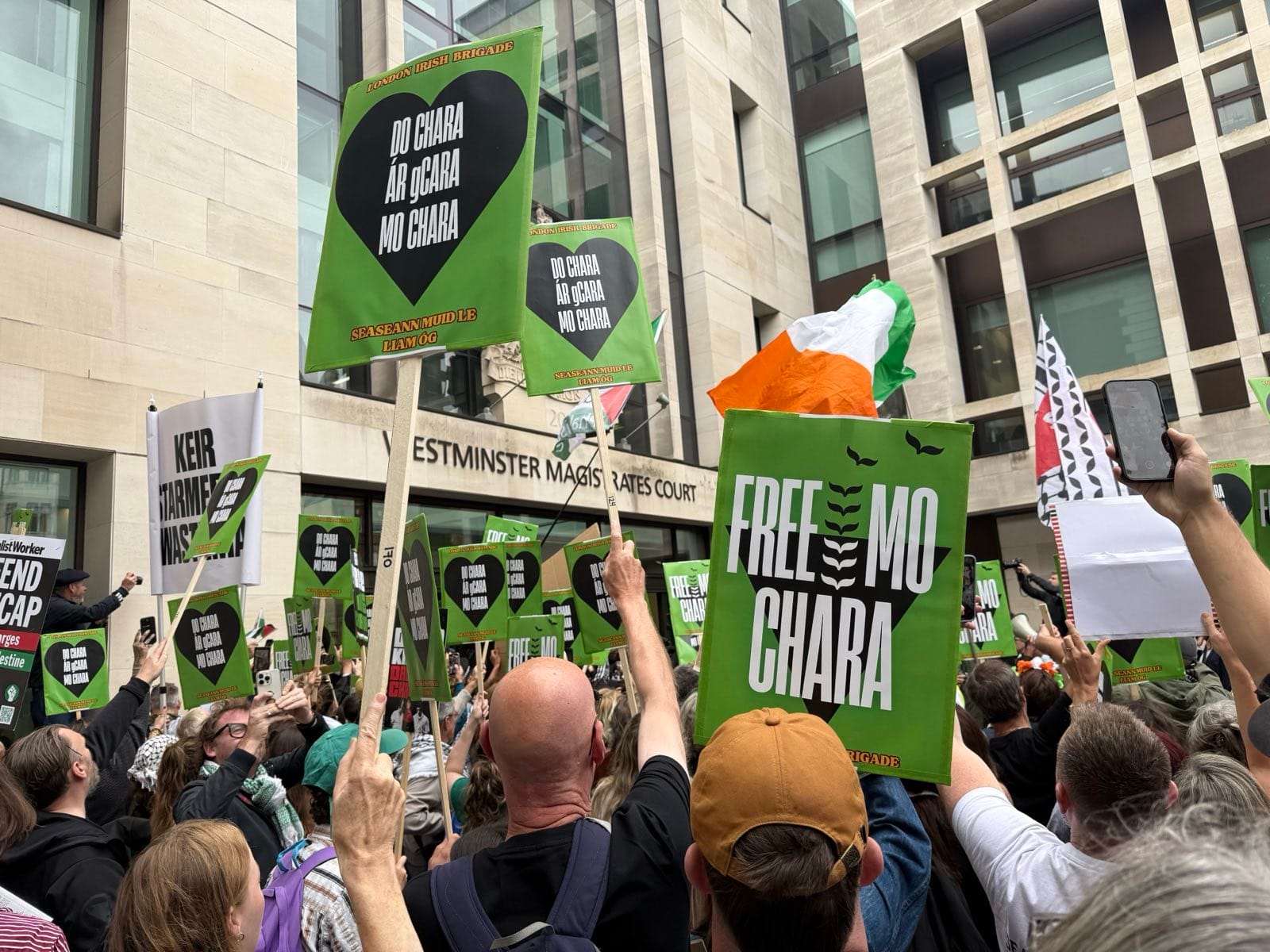
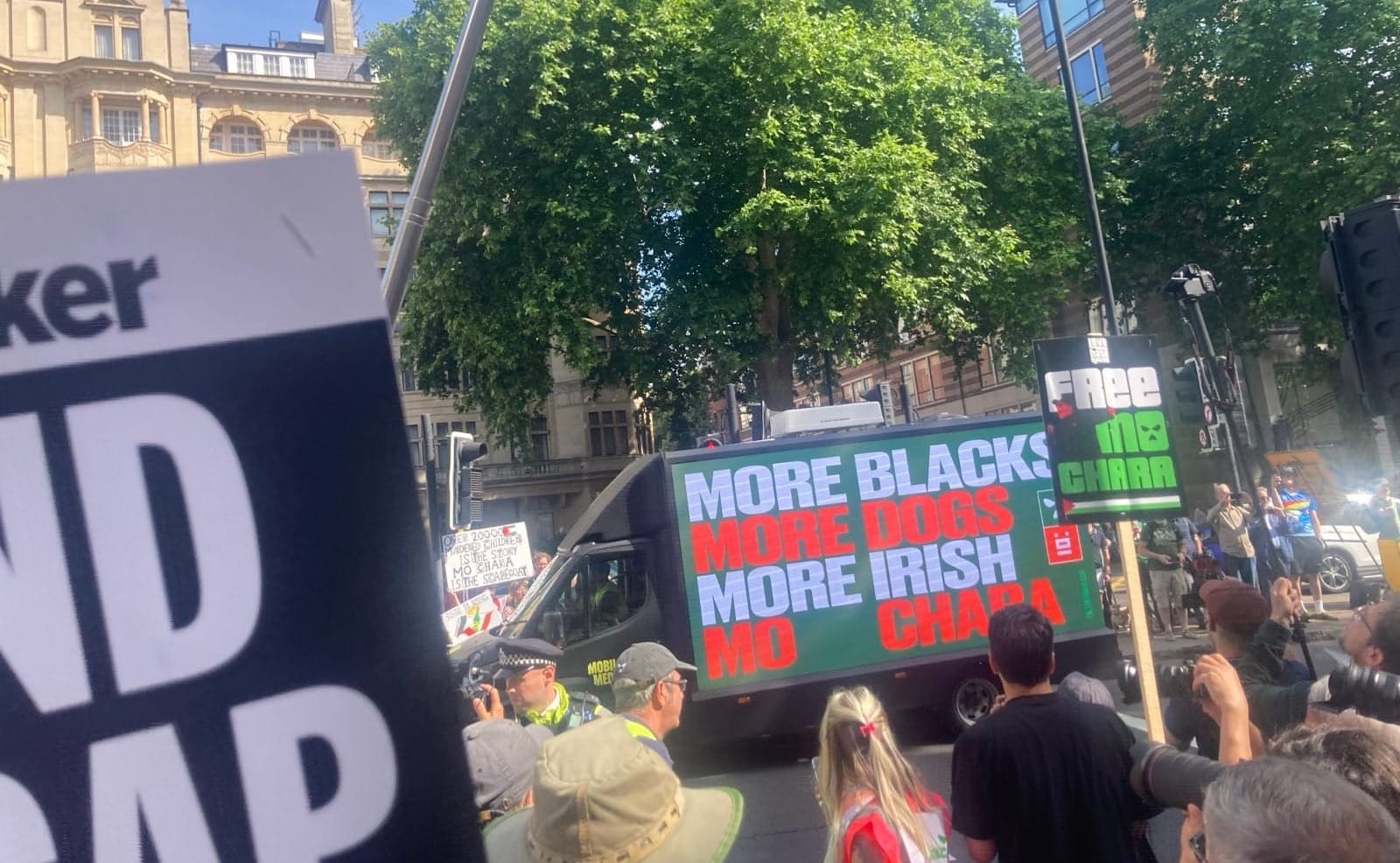
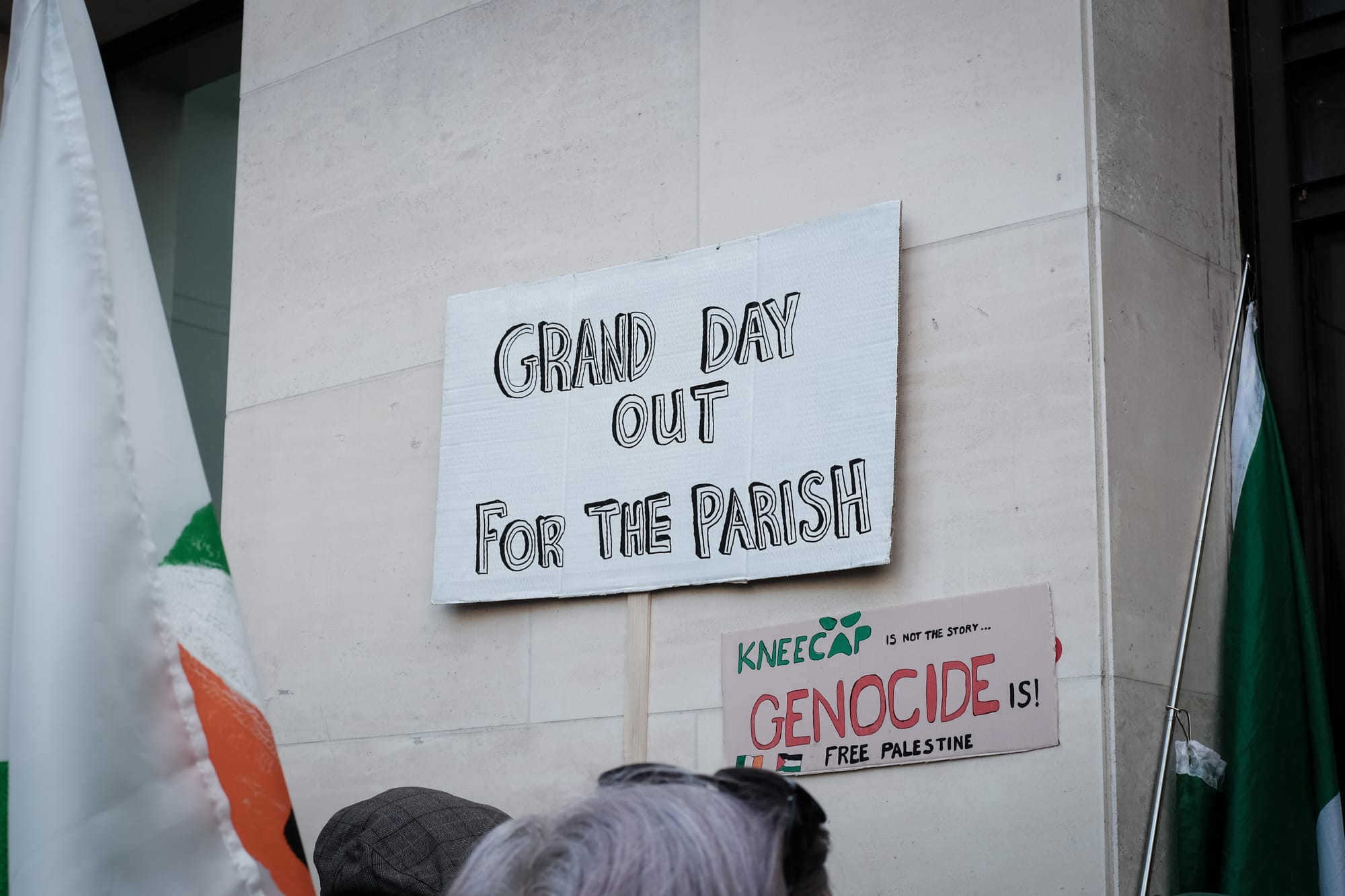
The British government vs Kneecap
We’re here, of course, to see the Irish rap group Kneecap enter the court for the plea hearing of Liam Óg Ó hAnnaidh – aka Mo Chara – following his terrorism charge for allegedly holding up a Hezbollah flag during one of their shows in November 2024. The band had encouraged people to show up in support at the court appearances, at the same time taunting the British government over their complicity in war crimes for supplying arms to Israel. You’d have thought by their delivery that they were well versed in organising protests, but of course, they aren’t. They are just a spark that’s found tinder.
The morning feels like an impeccably crafted piece of performance protest art. The crowd are elated, the rally beautifully organised. A band plays Irish rebel songs between speeches, keeping the crowd buzzing and thirsty for more. Everyone’s being lovely to one another, singing ‘The Fields of Athenry’ and ‘The Rare Old Times’ arm in arm as though we’ve known each other for years. Passionate speeches are given by Nadine Shah and Brian Eno alongside Palestinian solidarity organisers and Irish in London for Palestine campaigners. Someone standing in front of me waves a phone in the air, face timing Ainle Ó Cairealláin, a community organiser from West Belfast who runs ACLAÍ Palestine, a gym in Aida refugee camp in the West Bank.
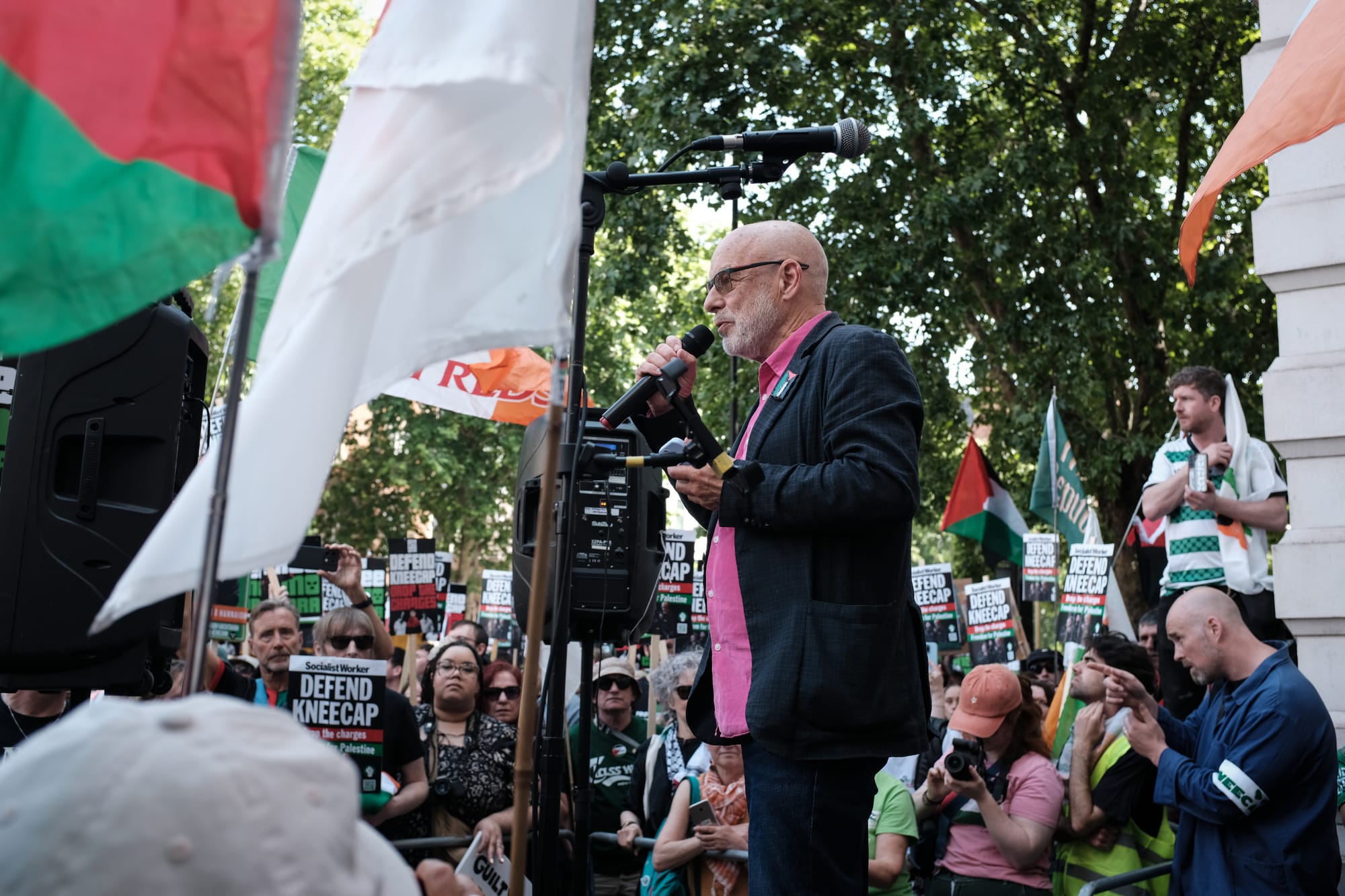
Enter: the lads
The Kneecap lads enter in raucous fashion, punching fists in the air and jeering like they’re headed to the football. Móglaí Bap leads the way with his iconic Cheshire Cat, give-no-fucks grin spread from ear to ear, plowing his way through a wall of photographers like he’s about to launch himself off them to crowdsurf. All three look like they’re having the time of their lives, which I imagine, despite the court case, they are. This is joyful resistance at its peak. Except they’re also the most dangerously beloved band on the planet right now and the British state is only the latest force trying to take them down. But the lads look ready for it. And of course, why wouldn’t they be? The people, it seems, are very much with them.
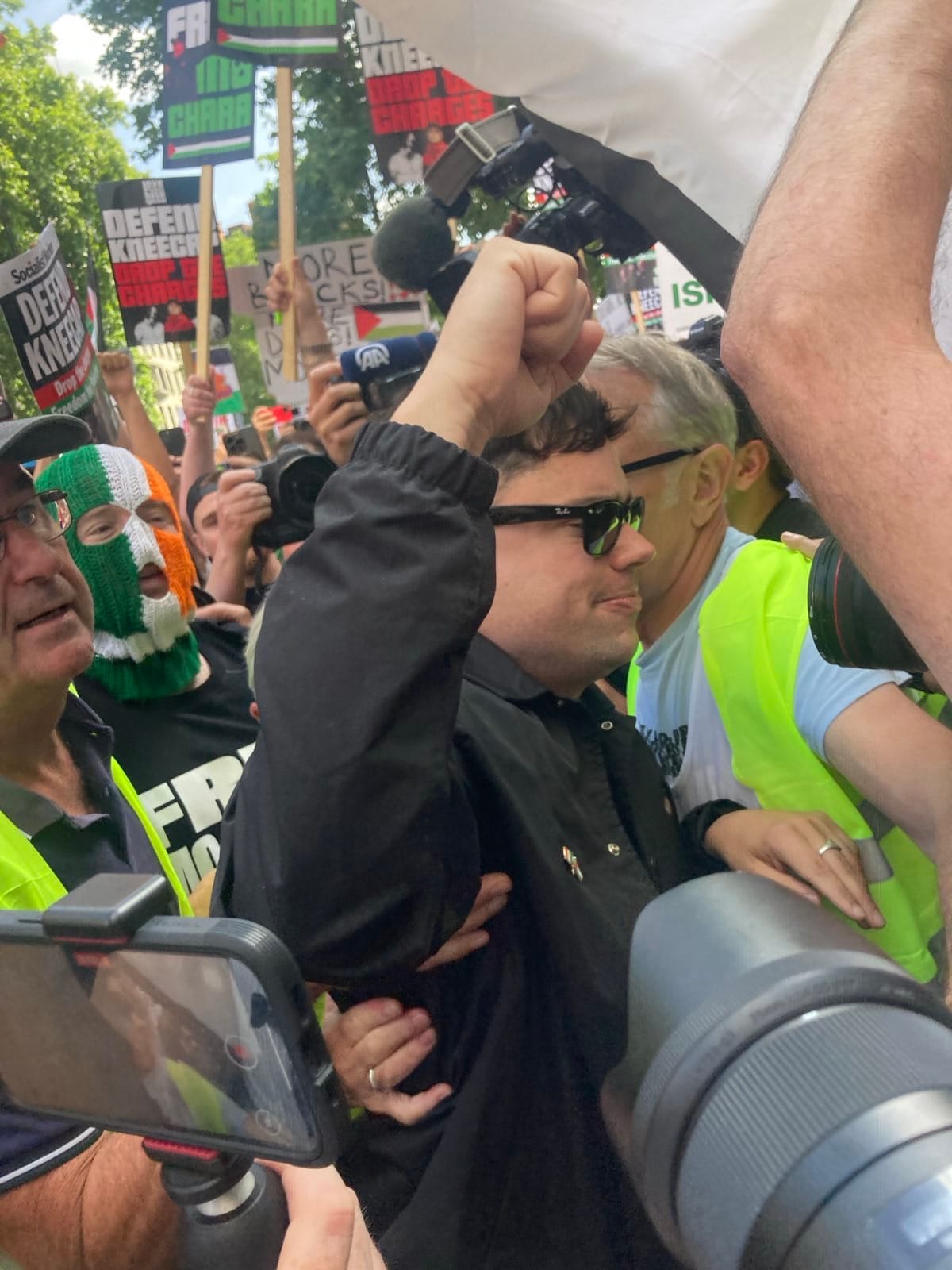
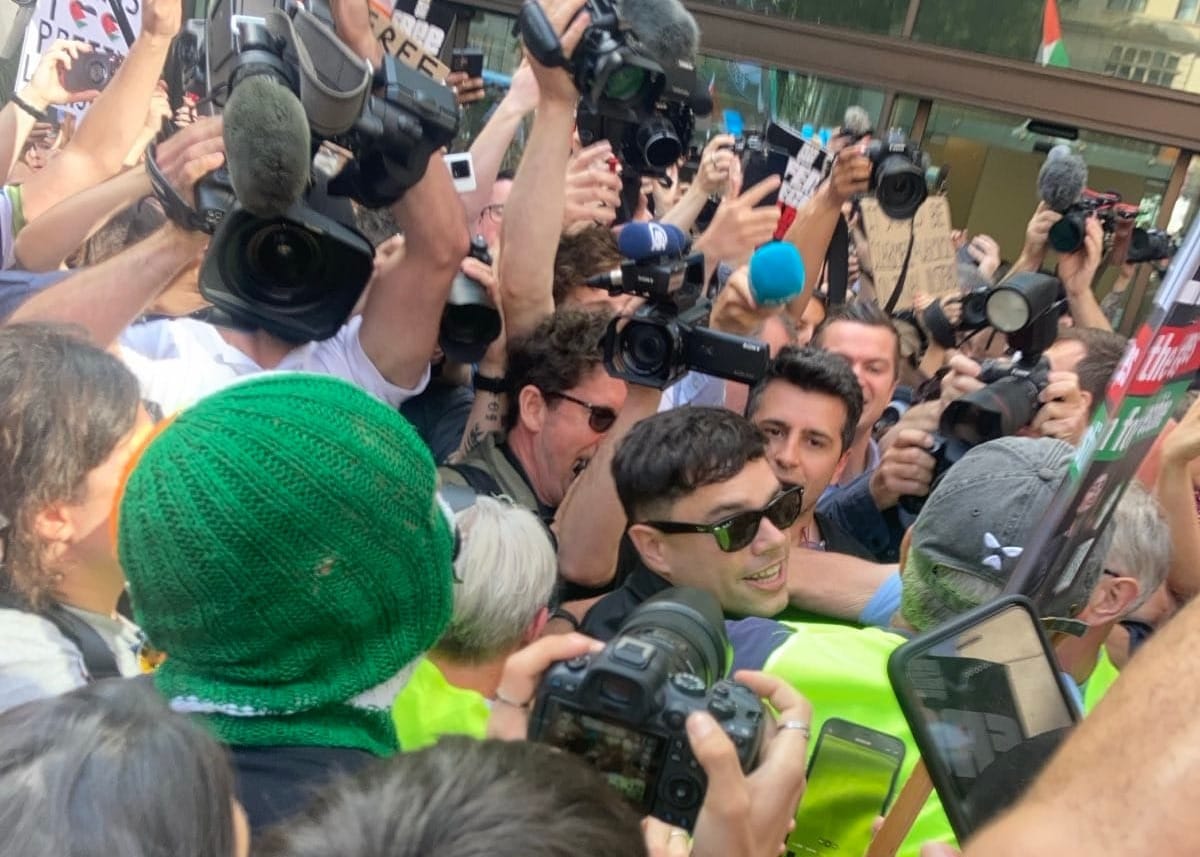
Protests are not often this much fun, and I’ve been to a few. But there’s something else that was notably different about this day. It feels like the start of a movement, an expression of collective power in action. Something robust and unafraid is building around this band that feels irresistible. Kneecap are showing the power of using their celebrity for good: unapologetic in their quest to call out world governments for their complicity in the Gaza genocide; bringing to light the catastrophic consequences of the UK’s colonial history on their own lives, and the lives of Palestinians, totally unbothered by the consequences. You can’t accuse these lads of not walking the walk.
Culture shapes politics
When we talk about politics being downstream of culture, this is what we mean. What we’re witnessing is the raw, catalytic power of art – how it can shift the narrative, inspire collective action, while stirring something ancient and deeply human. Everyone was there that day, not just because they’re fans of the band’s music, but because they know this is one of those moments in history they will look back on and tell their grandkids: “I was there”.
Because this is the start of something that’s only going to get bigger, not end when the judge hands down their decision. Kneecap are showing how ready the people are to express their rage at the current state of things, and how raring they are to do something about it. I can’t help but wonder: What if they asked all of these people to go and block traffic around Parliament, to start making demands of the government? In the hubbub outside court, this idea doesn’t feels far-fetched. In fact, a part of me feels like it could happen at any moment.
To rage and rave
As Blindboy Boatclub put it recently on his podcast, Kneecap are creating space for people to rage and rave, grieve and dance all at once. Space where they can safely express their disdain over the Gaza genocide at a time when the right to protest is being bulldozed. They’re reconnecting us with the very meaning of fierce, joyful resistance, an inheritance passed down through the ages by those whose shoulders we stand upon today – a legacy we all have a responsibility to carry on. Sinead O’Connor would be proud.
And Kneecap’s music itself? It’s not just song – it’s a reclamation of language, of story, of a rootedness to land and folk history, and a protest, of Irish defiance and strength. By knitting together the fight for the Irish language with Palestinian freedom, they show how anti-colonial struggles across time converge, unfolding all at once, awakening a new generation of people (not just Irish) to their lost heritage. It’s the true embodiment of the phrase, “Your struggle is my struggle.”
The Recap by Kneecap.
At the same time, by speaking out and stepping into the firing line, Kneecap are turning the vulnerability we all feel when taking a stand, into strength. They remind us that speaking truth to power isn’t just courageous – it’s intrinsically human. It’s a marrow-deep instinct to resist together for the world we deserve.
Let’s go again: Wednesday 20th August
Fast forward two months and I’m back outside Westminster Mag’s again for the second hearing. The same buzz fills the air, despite the grey day. Parody campaign posters promoting DJ Próvai for President of Ireland are stuck on lampposts and the band are on great form again. There’s more people here this time than in June – including a heavier police presence – and the protestors are fenced off from the entrance, meaning I’m only able to see a wave of cameras and placards surge towards the door as the band arrives.
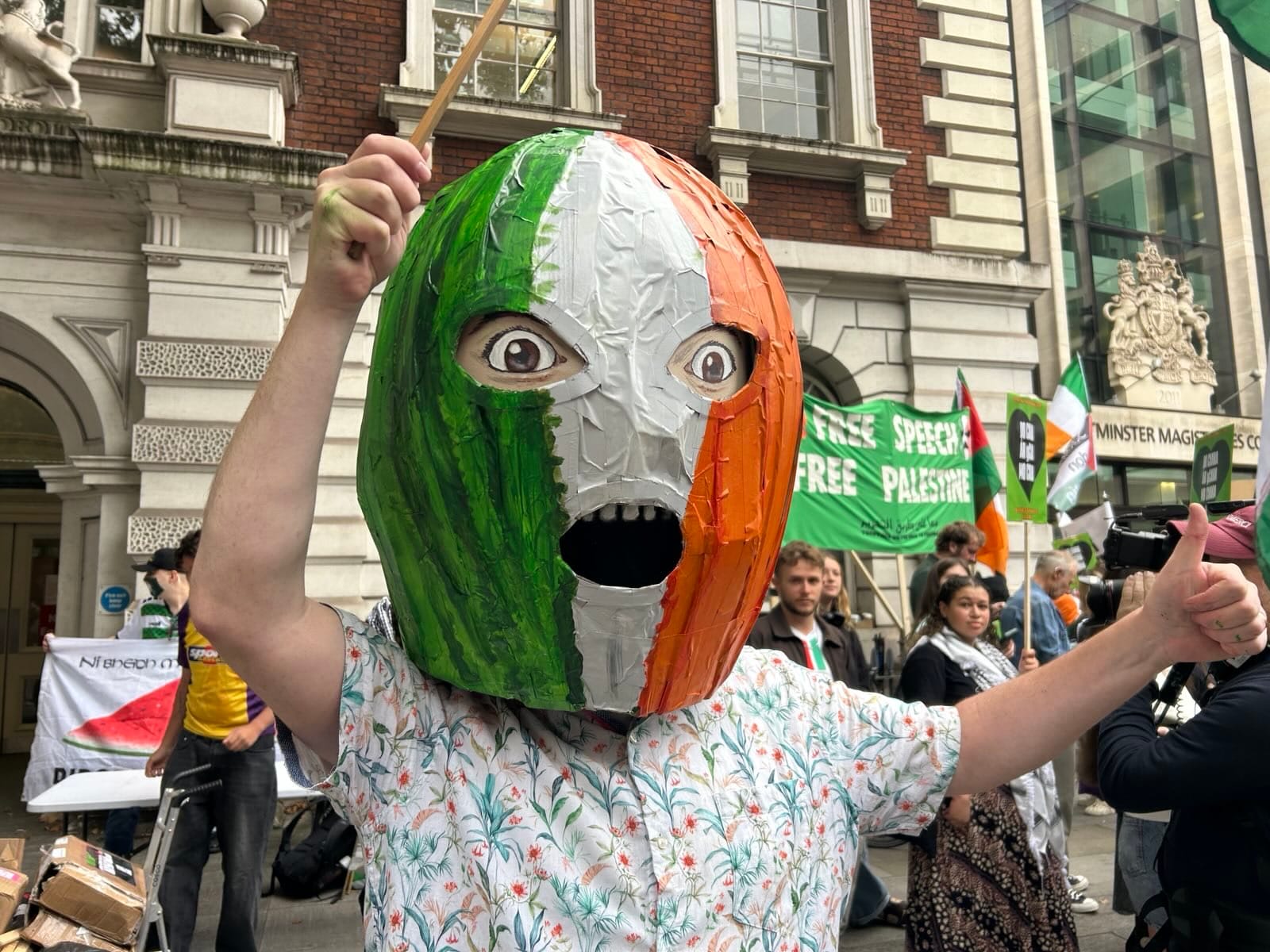
A lot has happened, too, since the last time we were here. More artists than ever are taking a stand for Palestinian solidarity, risking their careers. Our pal, Brian Eno, is organising a benefit gig ‘Together for Palestine’ at Wembley arena for Choose Love. More than 700 people across the UK have been arrested with Defend our Juries under the terrorism act for nonviolent civil disobedience, for sitting down with signs supporting Palestine Action, recently proscribed as terrorists by the UK government. This past weekend beloved Irish author, Sally Rooney, said she would begin sending proceeds from her books to Palestine Action, risking her own arrest.
Óg Ó hAnnaidh’s case was adjourned until September 26th when the judge will give his decision, with lawyers arguing for the case to be thrown out. So, we go again. With the push back building, it’s clear that the authorities don’t quite know how to handle this case, in the same way they don’t know how to handle hundreds of people holding signs in support of Pal Action, or to Irish authors putting the BBC in a dilemma.
Something is shifting, that much is clear. More and more people are seeing through the deception of the story we’ve been sold in the 21st Century and stepping into their power. Through the heavy helplessness we all feel when faced with the horror on our newsfeeds everyday, people are finding ways to rise. In collective action and the joy of art, standing shoulder to shoulder, we find ways to come back to life.
For resistance to become change
But where does the energy go from here? What does this turn into? How does the resistance to the genocide in Gaza transform into something larger – a global movement for deep systemic and cultural change? A future free of war, inequality, genocide, and climate collapse? Where ‘Never again’ really means ‘Never again’, because we’ve collectively created another way to live together. That is the real test.
The crisis in Palestine won’t end soon. The Palestinian suffering is immeasurable, and made even worse because they carry the suffering for the rest of us, because what they are suffering also reveals the deeper global crisis we all face. Palestine has become a flashpoint where interconnected struggles converge: colonialism, crisis capitalism, racism, and environmental collapse. This genocide exposes the brutal architecture of a world destroying itself. Gaza is not isolated – it’s a mirror. A microcosm for wider brutality.
As Gazan journalist Bisan Owda recently said, “The collapsing of Gaza is the collapsing of the entire world.” Everyone hates the rigged, growth-obsessed capitalist system that is causing this genocide, rampant inequality, climate collapse and more. And everyone is dragging their heels on what to do. But if moments like this outside court show us, now really is the time. Everyone hates the current system, but it’s so ratcheted and rigged against people that we can’t just go about trying to fix it. We need a movement championed by artists that doesn’t just point out the problem, but envisions the new and commits to building it.
Tiocfaidh ár lá - Our day will come.
Come to our Convention on the Fate of Britain: Thursday 11th September at Conway Hall in London, 10am-330pm
Meet 200 other amazing people, individuals and organisations, all ready to do the joined-up, collaborative work needed to envision and build a better world.
We know the real crisis in our country is the disconnection that makes people afraid to talk to each other. Everyone is looking for something – and we think you’re the people who are going to do the work to make that something real.
We’ve got a track record in cultural strategy, narrative leadership and mobilisation. The Fate of Britain Convention will be a unique convening of bottom-up organisers, artists and people in politics, with a mission to not only imagine but begin living the new story we so desperately need.

